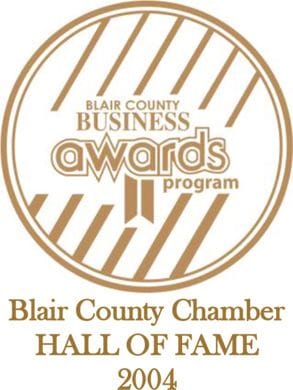You may find yourself among the numerous individuals who wonder whether creating an estate plan suits their needs. In reality, anyone can benefit from having an estate plan. The tools used when planning can address many areas of life, and even if you do not have substantial assets, your plan could address the assets you do have. Additionally, if you have children, you can use your plan to name guardians for them.
Of course, you may remain unconvinced that you truly need a plan. If so, you may want to consider what will happen to your assets if you die intestate, or without a will. In broad terms, your assets will go through estate administration in accordance with Pennsylvania intestate laws — but what does that mean?
Are you single?
If you are single, do not have children but have living parents, your estate will pass in its entirety to your surviving parents. If your parents have preceded you in death, the administrator of your estate will equally distribute your assets between your siblings. In the event that you had no siblings and both parents are deceased, half of your estate would pass to relatives on your mother’s side, and the other half would pass to relatives on your father’s side.
If you do not have a spouse but have children, the distribution process differs. In general, your entire estate will pass directly to your children. They will each receive an equal portion of the estate.
Are you married?
If you have a spouse but no children at the time of your death, state law will likely indicate that your estate will go entirely to your spouse. However, if you have non-marital property, those assets may be divided between your spouse, your siblings and your parents.
If you have a spouse and children, your estate will likely pass to your spouse. However, if your spouse is not the biological parent to all of your children, half of your estate will pass to him or her, and the children from your previous relationship will obtain the other half.
Does it matter?
You may feel particular about your property because it means a lot to you. As a result, you may also feel particular about who should obtain your property in the event of your death. If intestate laws will not suit your desires for distribution, you may wish to consider your estate planning options.


